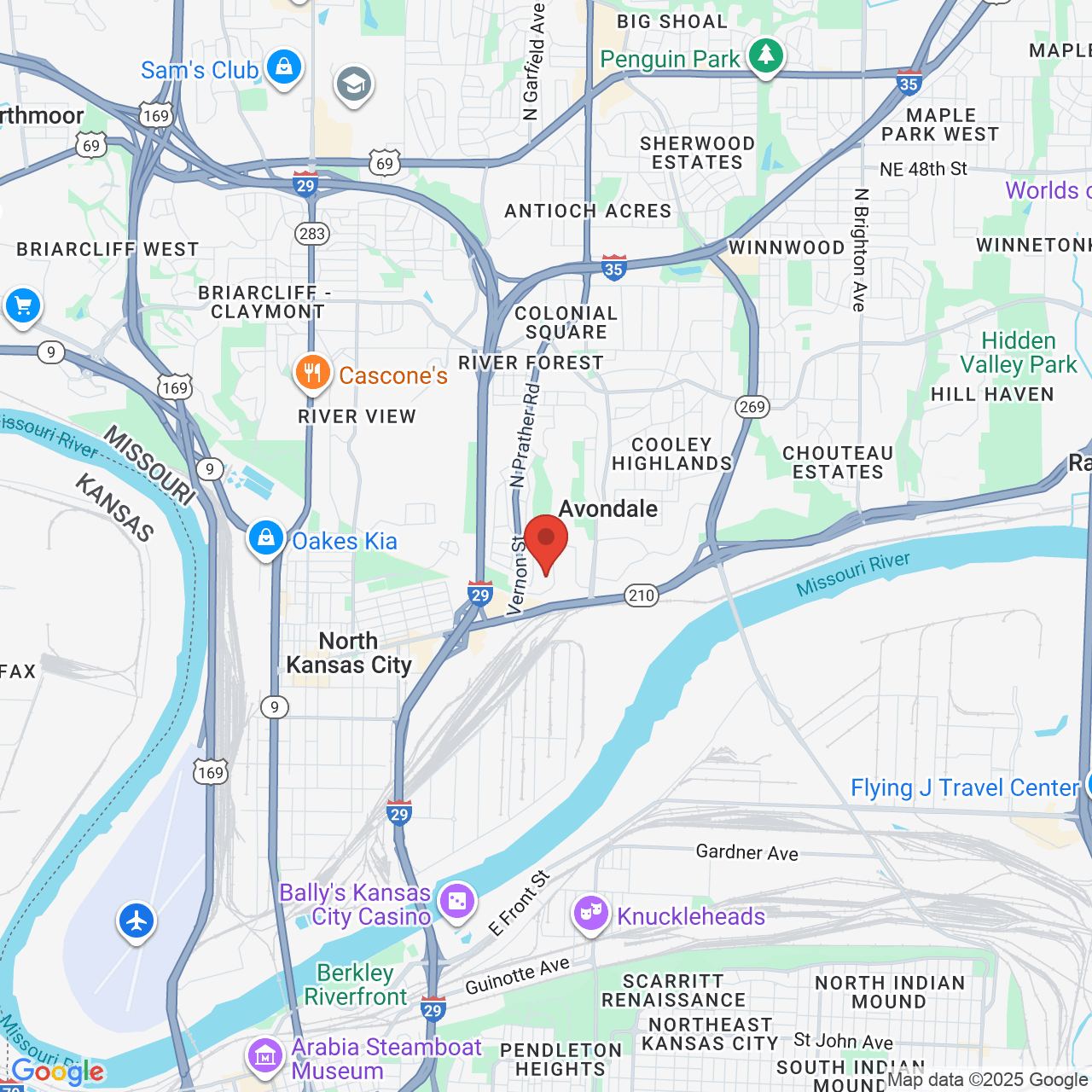
John P. Goodman, DDS We Give Kansas City a Reason to Smile!
Dr. John Goodman has more than two decades of experience serving the community of Kansas City, MO. He offers a comprehensive range of services to address all types of dental problems, and he accepts CareCredit® financing to make treatment as accessible as possible.
To request a consultation, please fill out our online form or call us at (816) 842-8585.
Contact Us Today
"My experience with Dr. John Goodman DDS was outstanding. The entire staff was courteous and very accommodating. Dr. Goodman made me feel very comfortable but also finally gave me hope for having that "beautiful smile" that we (with not so good teeth) always wish for. I left feeling elated and excited for the first time about a dental appointment."

